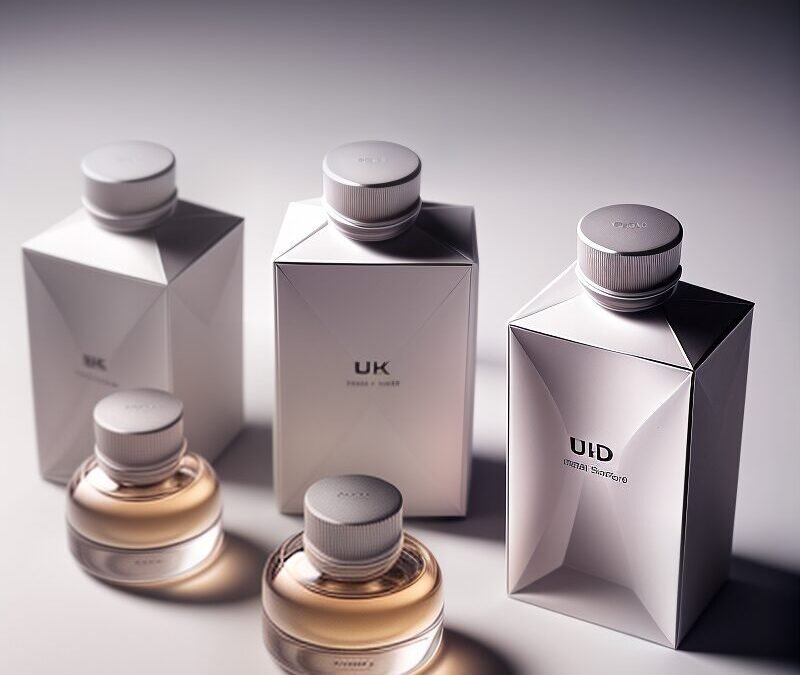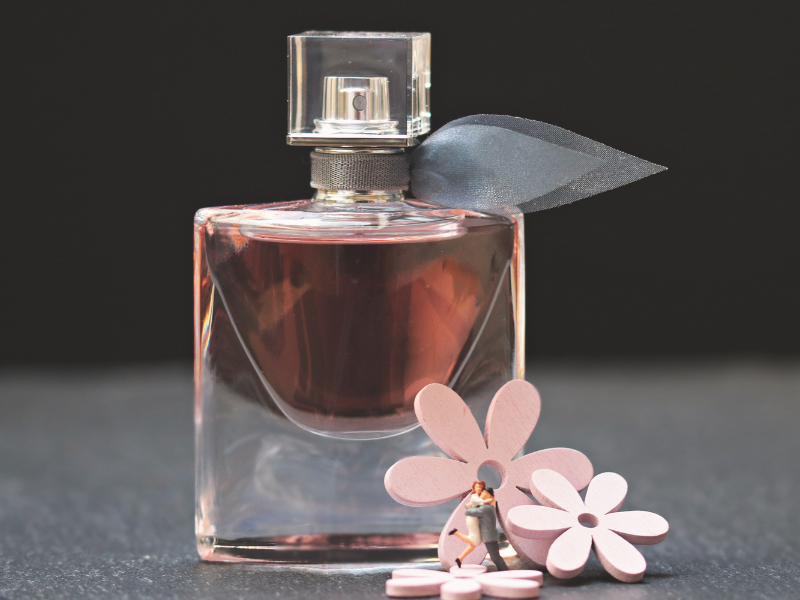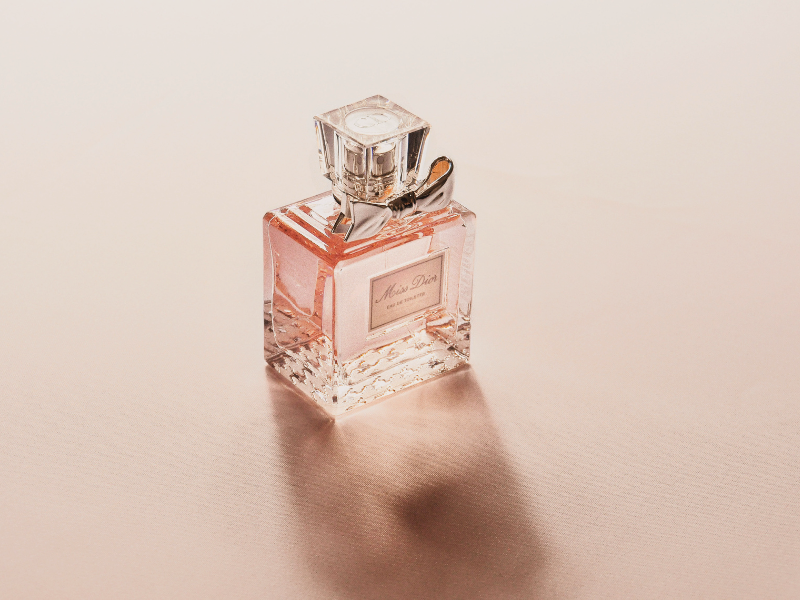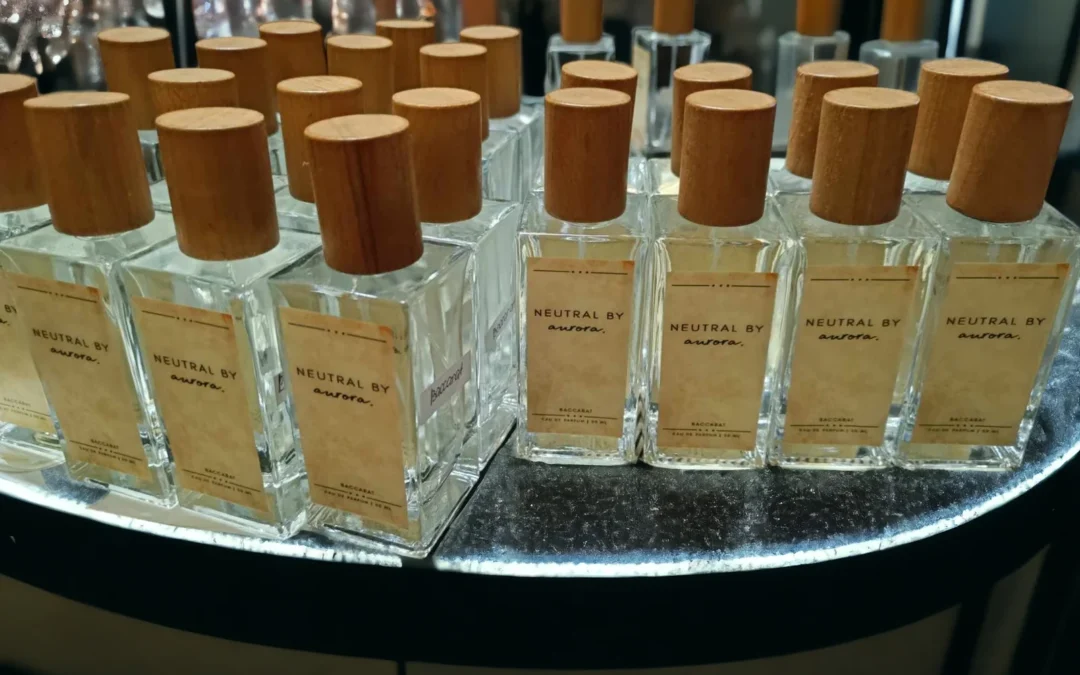
Starting a Perfume Business in the Philippines: Legal, Logistics, and Supplier Tips
The perfume industry in the Philippines has experienced steady growth in recent years, with local brands and resellers making their mark in both online and offline markets. As consumer preferences shift toward unique, affordable, and personalized fragrances, starting your own perfume business can be a lucrative venture—if done right.
In this comprehensive guide, we’ll walk you through the essential aspects of launching a perfume business in the Philippines, including legal registration, logistical considerations, and sourcing from trusted suppliers. Whether you’re starting small from home or planning to scale into retail, this article will help you navigate the journey with confidence.
1. Understanding the Market Opportunity

Filipinos love smelling good. From budget-friendly body mists to designer-inspired scents, there’s strong demand for fragrances across all market segments—especially in urban areas like Metro Manila, Cebu, and Davao. Online platforms such as Shopee, Lazada, TikTok Shop, and Facebook Marketplace have also lowered the barrier for entry, allowing even small-scale sellers to reach national audiences.
Key Trends Driving Growth:
- Affordable alternatives to luxury brands
- Refillable and eco-friendly packaging
- Personalized or “signature” scents
- Inspired and oil-based perfumes
- DIY perfume kits and white-label rebranding
Before diving into legal and operational steps, it’s important to define your business model: Will you resell branded perfumes? Create your own scent line? Offer customized blends? Your answer will shape every decision ahead.
2. Legal Requirements: Registration and Compliance
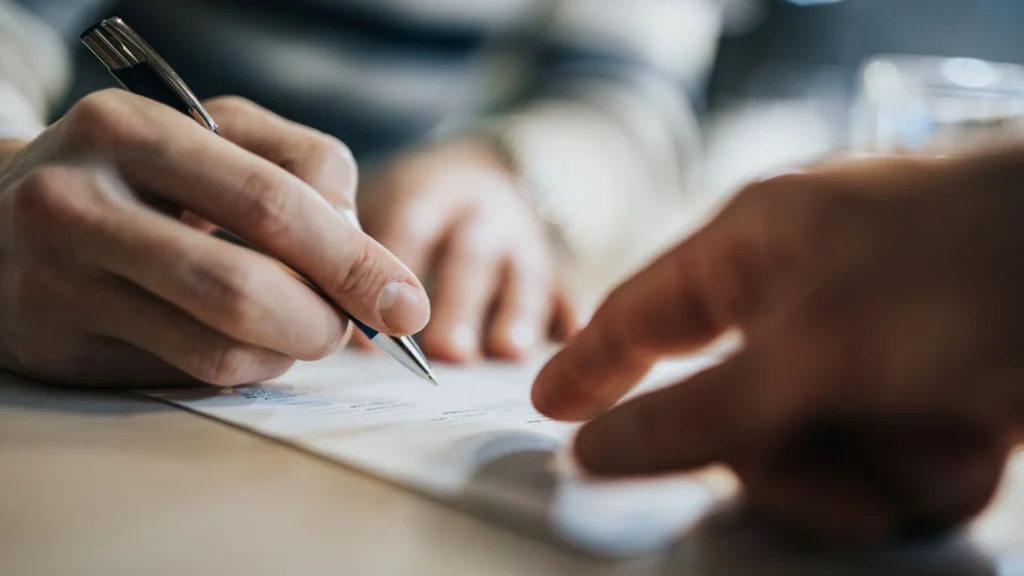
Starting any business in the Philippines requires compliance with local laws. Below are the key steps to legitimize your perfume business:
A. Business Registration
- Choose a business structure
- Sole Proprietorship (easiest and most common for small startups)
- Partnership or Corporation (ideal if you have co-founders or investors)
- Register with DTI or SEC
- DTI (Department of Trade and Industry) for sole proprietors: https://bnrs.dti.gov.ph/
- SEC (Securities and Exchange Commission) for partnerships or corporations: https://www.sec.gov.ph/
- Get your Business Permit from the City or Municipality
Go to your local government unit (LGU) where your store or office will be located. You’ll need:- Barangay clearance
- Mayor’s permit
- Zoning clearance
- Register with BIR (Bureau of Internal Revenue)
- Secure your TIN (Tax Identification Number)
- Apply for an official BIR-printed receipt or authority to print your own
- Register your books of accounts
B. FDA Notification
If you’re manufacturing or importing perfume products, the Food and Drug Administration (FDA) considers them cosmetics. You must secure:
- Certificate of Product Notification (CPN)
- If you’re manufacturing, a License to Operate (LTO) as a cosmetic manufacturer
More details: https://www.fda.gov.ph
C. Intellectual Property
If you’re building your own brand, consider trademarking your brand name and logo via the Intellectual Property Office of the Philippines (IPOPHL) to protect your brand identity.
3. Logistics: Packaging, Storage, and Delivery
After legal registration, logistics becomes the next critical area of focus. Perfume—especially those in glass bottles or oil-based blends—requires careful storage and transport.
A. Sourcing Packaging Materials
Packaging plays a major role in your brand’s appeal. In the Philippines, many local suppliers now offer:
- Glass perfume bottles (crimp or spray types)
- Bamboo caps and metallic covers
- Roll-ons, tester vials, and sample sprays
- Custom labels and boxes
Pro Tip: Start with low minimum order quantity (MOQ) suppliers to test the market without huge capital.
B. Storage Guidelines
- Avoid direct sunlight to preserve fragrance quality
- Cool, dry storage areas are ideal
- Label every batch properly to ensure inventory and expiration tracking
C. Delivery Options
Whether selling online or via retail, reliable shipping partners are essential. Popular options include:
- J&T Express, LBC, Ninja Van, and Flash Express
- Use GrabExpress or Lalamove for same-day Metro Manila deliveries
- For regional orders, bundle packaging securely with bubble wrap or foam fillers
If you’re shipping alcohol-based perfumes, check courier restrictions—some require special declarations due to flammability.
4. Sourcing Suppliers: Raw Materials and Fragrance Oils
Finding high-quality, reliable perfume suppliers is crucial. Your supplier affects your product’s longevity, projection, and safety.
A. Where to Find Local Suppliers
- Divisoria and Binondo, Manila – large selection of packaging materials and fragrance bottles at wholesale prices
- Online B2B platforms – such as fragranceshop.ph which offers raw materials and perfume rebranding services
- Facebook groups and Shopee resellers – useful for small-volume orders or samples
B. What to Look for in a Supplier
- Product quality and scent retention
- Transparent pricing and MOQ terms
- Availability of Certificates of Analysis (COA) or Material Safety Data Sheets (MSDS)
- Customer support and delivery timelines
- Customization services for branding
C. Sample List of Raw Materials
- Fragrance oils (inspired by designer scents or original blends)
- DPG (Dipropylene Glycol) or Ethanol base
- Fixatives (to help scent last longer)
- Essential oils (for natural-based lines)
- Glass bottles, atomizers, and caps
- Branded labels and packaging
Tip: Test each scent on both paper and skin before finalizing. Some oils react differently with body chemistry.
5. Capital, Cost Breakdown, and Pricing Strategy
You don’t need millions to get started. A home-based perfume business can begin with as little as ₱5,000–₱20,000, depending on your initial inventory and packaging quality.
A. Sample Capital Breakdown for a Starter Kit
| Item | Estimated Cost |
| 10 pcs 50ml glass bottles | ₱400 |
| 100ml fragrance oil | ₱700 |
| 200ml DPG or ethanol | ₱150 |
| Packaging and labels | ₱300 |
| FDA product notification (optional) | ₱2,000+ |
| Marketing budget (FB ads, Shopee listing) | ₱500–₱1,000 |
| Total | ₱4,000–₱6,000 |
B. Suggested Retail Price (SRP)
- 10ml roll-on: ₱80–₱120
- 30ml spray: ₱150–₱250
- 50ml spray: ₱250–₱400
Pricing varies based on branding, packaging aesthetics, and fragrance longevity.
6. Marketing and Selling Online
With platforms like TikTok Shop, Facebook Live, Shopee, and Lazada, there’s no excuse not to start selling online—even without a physical store.
A. Build Your Brand Identity
- Create a compelling logo and scent story
- Offer sample kits or “pabango bundles”
- Engage in local perfume communities and social media groups
- Collect real user reviews and testimonials
B. Leverage Social Media
- Use trending hashtags like #PabangoPH, #PerfumeSupplierPH, #FragranceForLess
- Run giveaways and use TikTok challenges to go viral
- Share behind-the-scenes content like bottle filling, label printing, or scent blending
C. Consider Reseller and Affiliate Programs
Scaling fast? Offer bulk discounts or reseller kits for aspiring perfume sellers. Provide marketing assets they can use, and consider commission-based incentives.
7. Final Tips Before Launch
- Test, refine, and rebrand if needed. Don’t rush to scale until you’ve received positive market feedback.
- Start small but think big. Focus on a few core fragrances that represent your brand well.
- Comply with labeling laws. Include ingredients, volume, production date, and expiry where needed.
- Document your formulas. If you’re blending scents, maintain consistency across batches.
- Treat every customer as a reviewer. Early feedback can make or break your brand’s reputation.
Conclusion
Starting a perfume business in the Philippines is not only feasible—it’s full of potential. By carefully managing your legal obligations, choosing the right logistics partners, and sourcing high-quality raw materials from trusted suppliers like FragranceShop.ph, you can build a brand that resonates with Filipino consumers.
Whether you’re planning to resell inspired scents, build your own unique perfume line, or offer rebranding services to others, the fragrance industry is wide open for passionate entrepreneurs.
So go ahead—blend your dreams into a bottle and make your mark in the thriving world of Philippine perfumery.
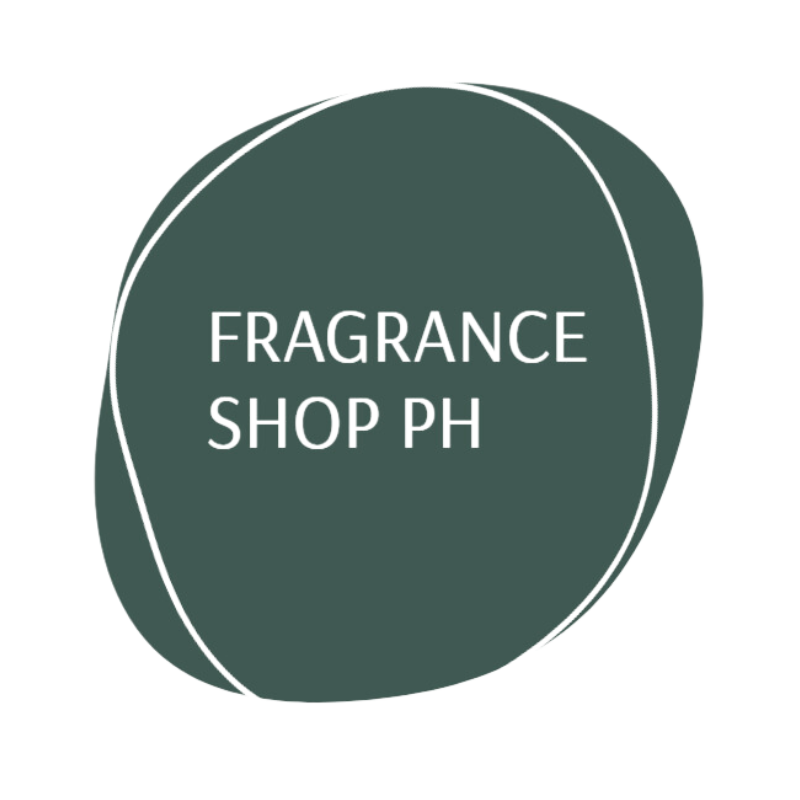
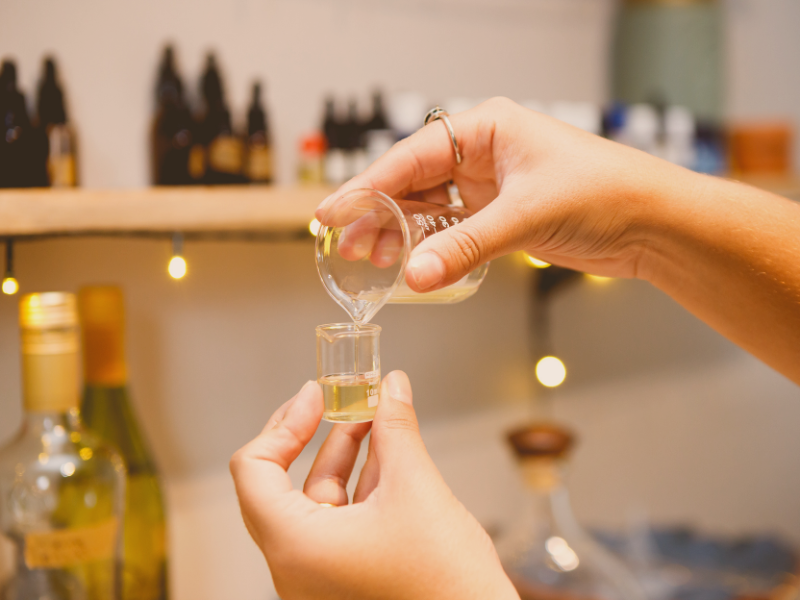
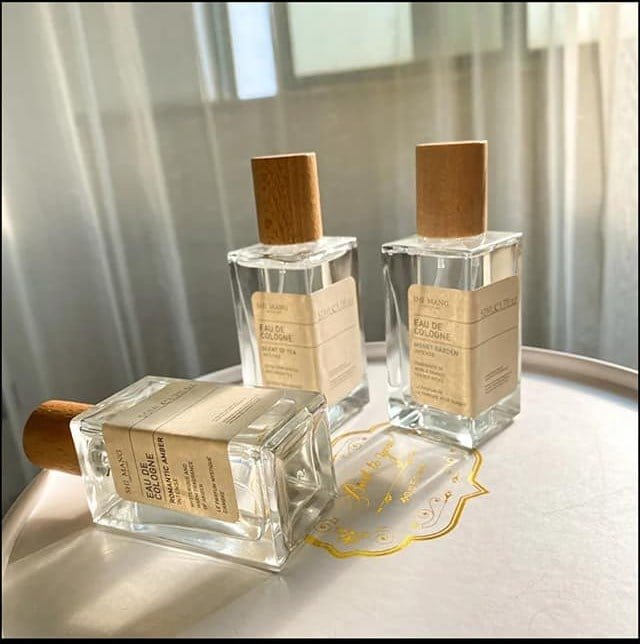 Perfume rebranding is the strategic process of changing your perfume brand’s image, identity, and market positioning. This may involve updates to your logo, packaging, scent formulation, messaging, target audience, or even the brand name itself.
Perfume rebranding is the strategic process of changing your perfume brand’s image, identity, and market positioning. This may involve updates to your logo, packaging, scent formulation, messaging, target audience, or even the brand name itself.
